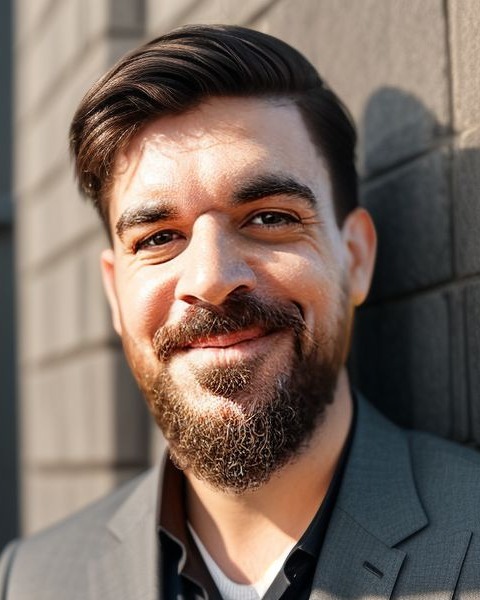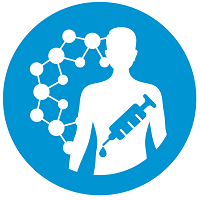Preclinical, Clinical, and Translational Sciences
Rapid Fires: Designing and Delivering Effective Clinical Trials for Specific Populations 1
Translational Pharmaceutics to Support Clinical Trials for Orphan/ Rare Diseases
Tuesday, November 11, 2025
3:15 PM - 3:30 PM CT
Location: 225 AB

Robert Cornog (he/him/his)
Director Product Development
Quotient Sciences
Garnet Valley, Pennsylvania
Rapid Fire Speaker(s)
Orphan and rare diseases often face challenges differing from more widespread conditions, including recruitment and longer clinical trials with constrained resources during early development. The conventional process to develop fixed strengths of drug product, larger batch manufacture via a CDMO and with supporting stability over 6 months to supply the clinical sites. Slow recruitment can lead to unusable stockpiles of valuable drug product, due to shelf-life limitations, before patient enrollment and dosing can even occur. Rare/orphan diseases may also require further flexibility in their formats to accommodate patient body weight dosing e.g. mg/kg. Quotient has established a refined approach which can deliver bespoke supplies globally to support patient trials. The presentation will provide examples of a FIH study for optimal formulation selection with reduced stability, a real time adaptive manufacturing approach to support Phase 2 proof of concept, and a personalized manufacturing scheme for rare/orphan disease requiring late phase clinical studies with a global footprint.
Learning Objectives:
- Upon completion the participant will be aware of a more efficient, API conserving manufacturing supply chain to support clinical efficacy studies for rare diseases.
- Upon completion the participant will have assessed case studies to understand how a personalized manufacturing approach supports sporadic patient recruitment and long-term dosing involving orphan indications.
- Upon completion the participant will have understood the limitations of conventional drug development workflows for orphan and rare disease therapies, including siloed functions and reliance on preclinical data.


